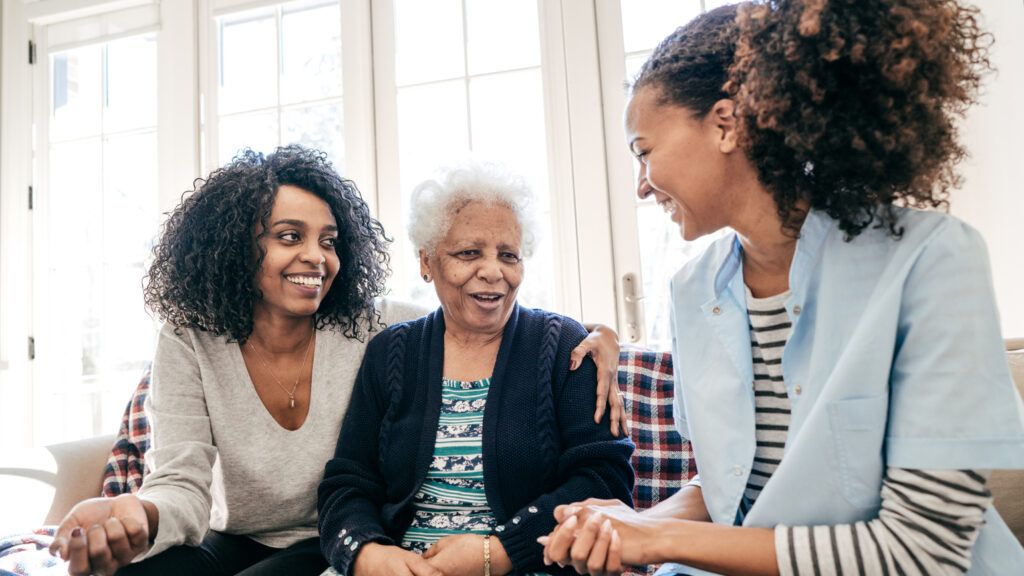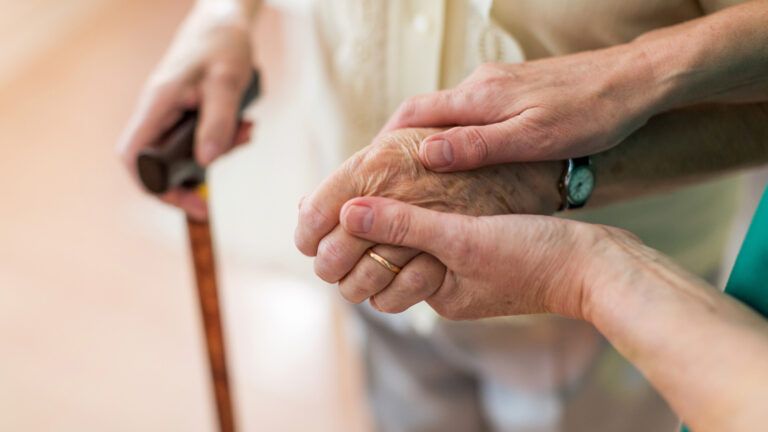This article is based on information provided by Home Instead Senior Care.
Certain dementia symptoms can be difficult to distinguish from those of other, treatable conditions. An accurate diagnosis from a healthcare professional makes all the difference. A common first step toward getting a diagnosis is to become familiar with the 10 signs of cognitive impairment. This guide will show you what typically happens leading up to and following a diagnosis of dementia. Better information allows for more informed decisions moving forward.
Did you know…
that a Cognitive Impairment Assessment is part of your free Annual Medicare Wellness Visit (AWV)?
Step 1: Learn the 10 signs
According to the Alzheimer’s Association, the most common cognitive symptoms of Alzheimer’s disease include:
- Memory loss that disrupts daily life
- Difficulty completing familiar tasks
- Challenges with planning and problem solving
- Confusion with time and place
- Trouble understanding visual images and spatial relationships
- Problems with speaking and writing
- Misplacing things and losing the ability to retrace steps
- Decreased or poor judgment
- Withdrawal from work or social activities
- Changes in mood or personality
Step 2: Discuss symptoms with your doctor
The next recommended step, if any of the 10 signs apply to you, is to speak with your primary care doctor. He or she may refer you to specialists to figure out what’s causing your symptoms. According to the National Institute on Aging, neurologists generally have the expertise to diagnose dementia, although other specialists may also be skilled in making a diagnosis. Your primary care doctor can remain an integral member of your care team, while others may include cognitive neurologists, neuropsychologists, psychologists, psychiatrists, and geriatricians.
- Make an appointment with your primary care physician
- Share your concerns with your doctor and ask for an objective assessment to detect cognitive impairment
- Use of community resources:
Early Detection Makes a Difference
Being proactive with your health by requesting the assessment can lead to a number of beneficial results:
- When the cause of the underlying disease or health condition has been determined, the focus can be placed on treatment
- Time and energy that would have been expended on getting a diagnosis can now go toward treatment, reducing symptoms and care
- Family members and significant others can discuss crucial issues like future care and wishes with the person who has dementia
- Gives the person and their family a chance to plan or create advance directives
- A care team that can help with medical, legal, financial and safety concerns can more efficiently be assembled
- Promotes disease education and community support, through groups, etc.
- May allow the person to benefit from research and clinical trials
Diagnosing Alzheimer’s & Other Dementias: Understanding Alzheimer’s & Dementia
Laurie Owen from Home Instead Senior Care® and Dr. Jane Potter from the University of Nebraska Medical Center discuss how Alzheimer’s disease and other dementias are diagnosed.






